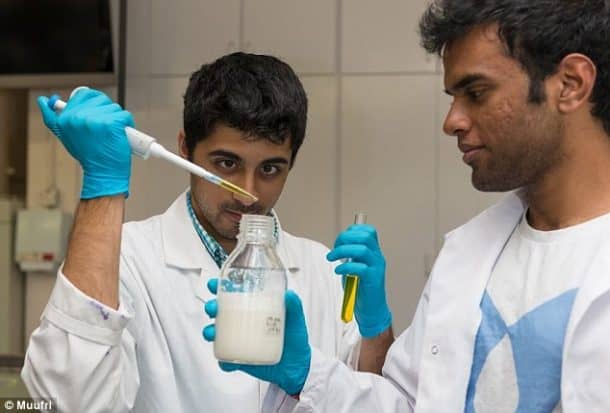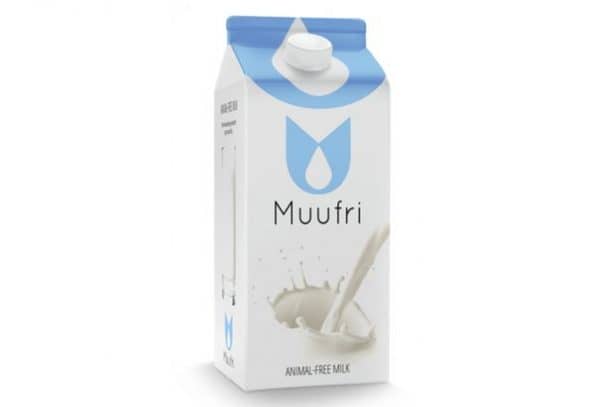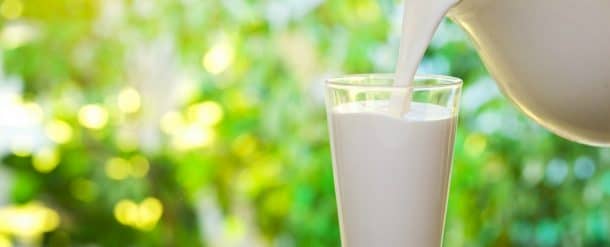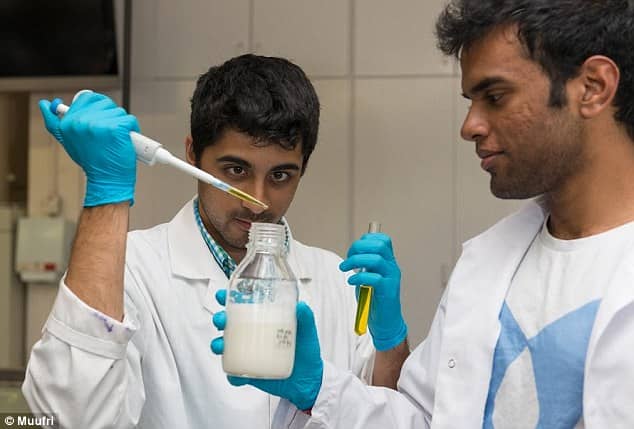Lack of animal care, resources and energy used for rearing them, and the carbon footprint involved in all this has made vegan advocates and climate change analysts very wary of any animal related products, including the dairy.
Current dairy replacements like soy beans, almonds, and rice have made some ground, but they have been found lacking in providing the adequate nutrition. A Berkeley-based food tech company have now found a new product that still originates from milk proteins, but instead of being produced by cows, the proteins are produced by yeast. The resultant milk is then both vegan and lactose-free!
They call it, “Perfect Day” (previously Muufri), and the company claims that besides the benefits to the individual consumers, they are also producing 84 percent less carbon when compared to traditional milk production by taking cows out of the equation.

Perfect Day co-founder Perumal Gandhi told Jessica Leber at Fast Company “We’re trying to make a ‘Goldilocks product’ that is better than anything out there: something that has the best of dairy products but also the best of the alternatives,”
Perfect Day is hoping to release a line of cheese, yoghurt, and milk sometime next year, and their products have been in refinement stages since 2014.
How Can You Produce Milk Without Cows?
Using a genetically modified (GM) strain of yeast (nicknamed Buttercup), the team has successfully turned sugar into milk proteins known as casein. And these proteins are then used to produce edible milk without using any cows whatsoever!
On their website, the company states “This process is much cleaner and more resource-efficient than animal farming, and it’s the cornerstone of our new approach to dairy.”
This yeast-produced milk has many of the vitamins and minerals you would normally find in cow’s milk while being added to a mix of plant-based fats and sugars means they contain no lactose or cholesterol.
The animal-free version of milk could be good news for our planet, as early data suggests that this milk production process uses 98 percent less water and 91 percent less land. And as previously noted, it also emits 84 percent less carbon compared to traditional milk production.
And for the fact that some of the alternative milk have incredibly high water usage, e.g. 5 litres of water for one almond, this could be an environment-friendly solution.

Although these are only the preliminary results, and they haven’t been peer-reviewed yet; it is a moment of excitement even if the numbers come out to be close to the claimed ones.

The company is looking to commercialise the animal-free milk in late 2017, priced around the same as standard milk. This will make it all the more attractive and market competitive.
Would you consider switching from traditional milk to the yeast produced one?
Let us know in the comments’ section below!



Yes definately but it should harm human in long time consumtion